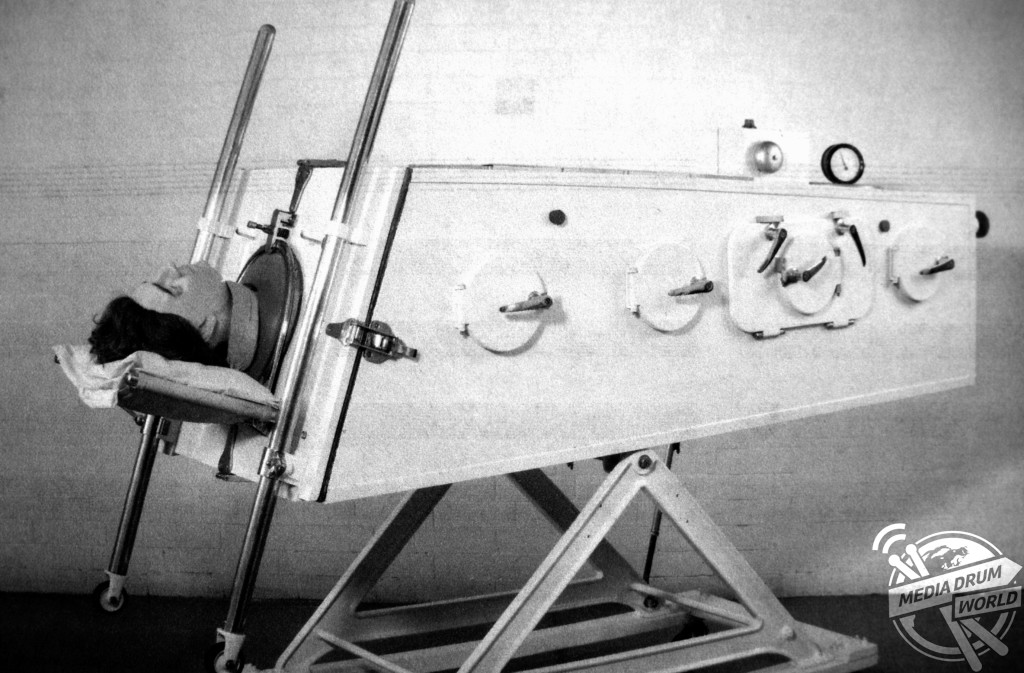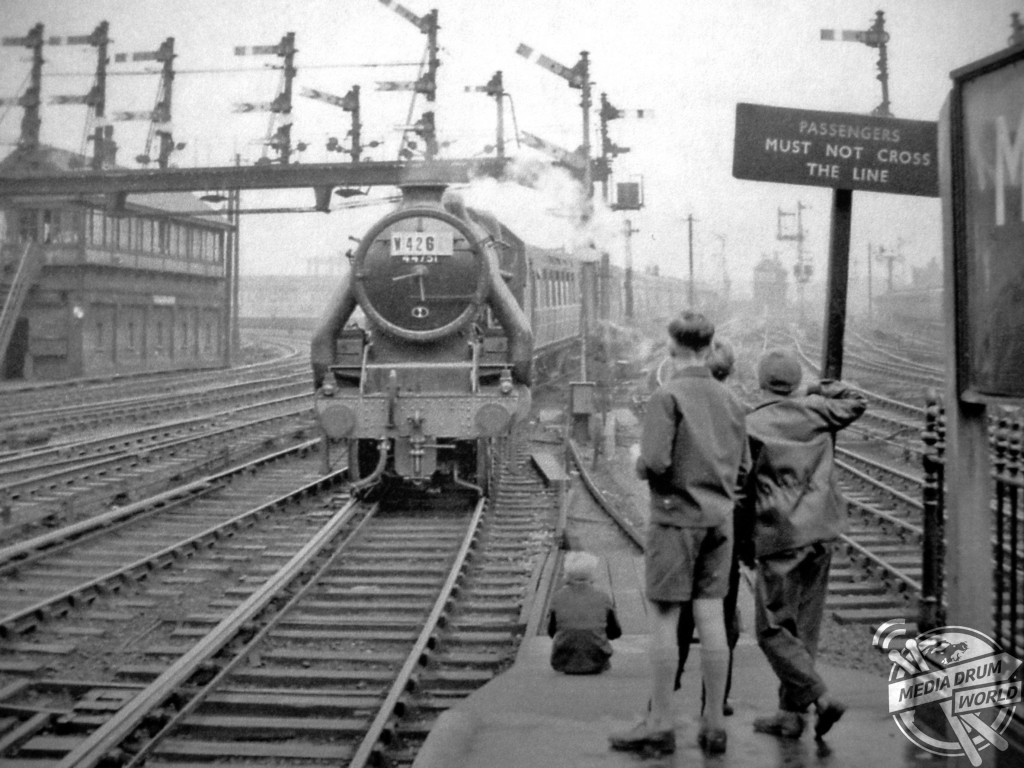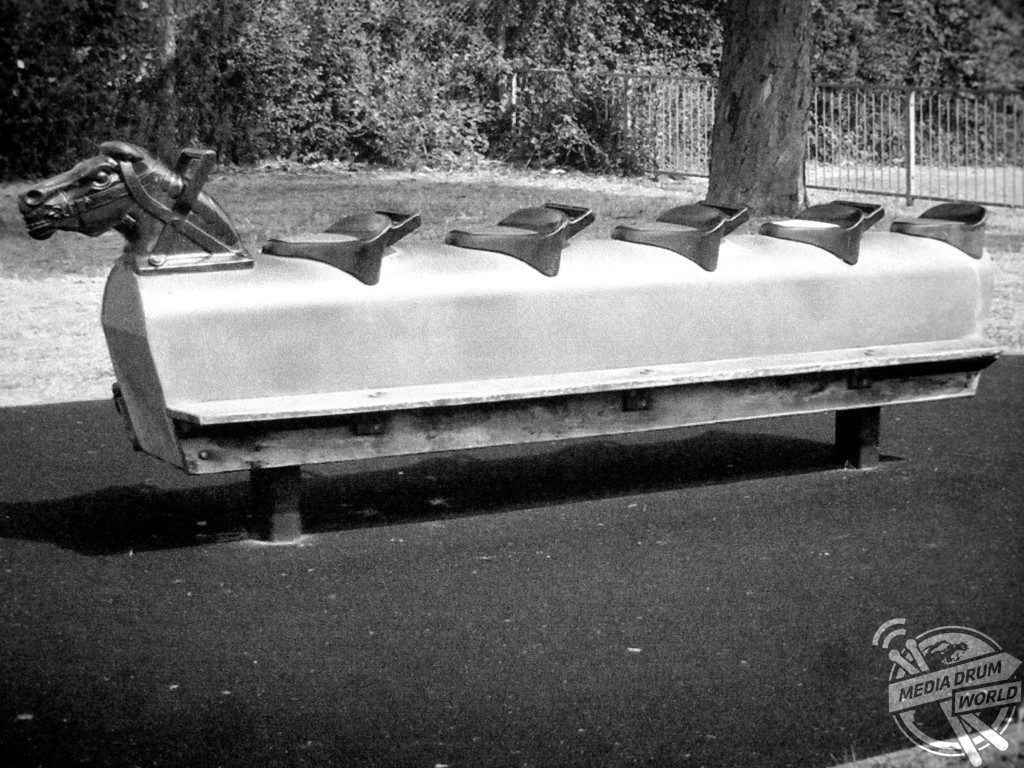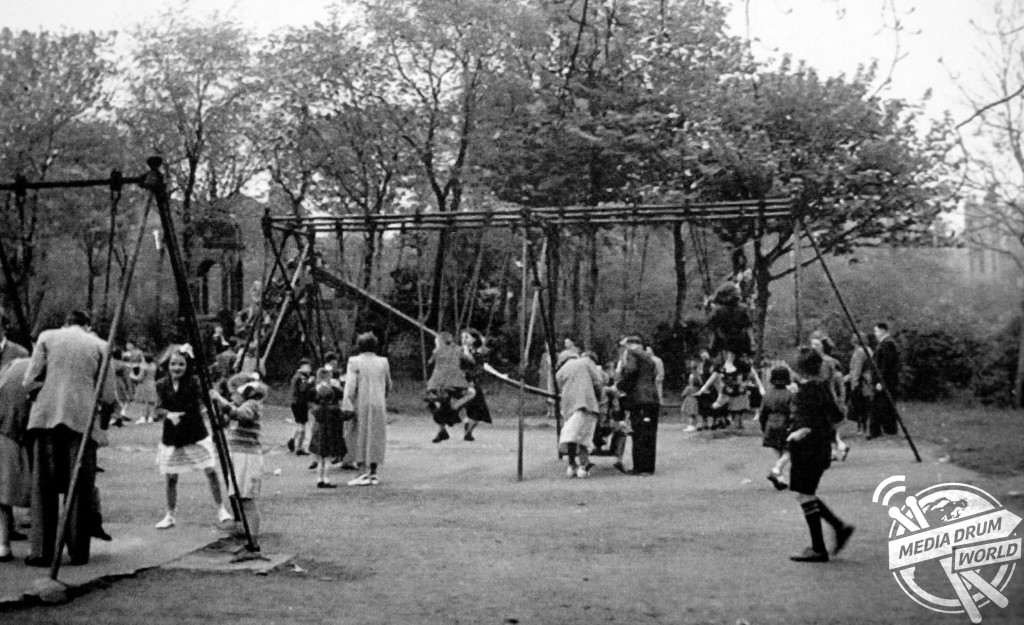By Tom Dare
A NEW book by an author born at the height of the post-war baby boom has debunked the idea that the 1950s and 60s was a ‘golden age’ for children growing up. Post-War Childhood: Growing up in the not-so-friendly baby boomer years, by author Simon Webb, is a book which examines the facts and figures behind the myth of children’s carefree lives in the post-war years, finding that such things as the freedom to roam the streets and fields came at a terrible price.
And Webb, who was born in 1951 and grew up through the 50’s and 60’s, says he was inspired to write the book after finding that his own recollections of his childhood didn’t match the picture painted by others who grew up at the time.

“As a baby boomer myself I have been fascinated by the perception of the 1950s and 1960s which has now taken root, and holds that as children the baby boomers enjoyed a golden age of innocence and freedom,” he says.
“Everybody who grew up at this time now seems to recall with aching nostalgia the way that youngsters in those days stayed out all day without any harm befalling them.
“So different is this picture from my own recollections, that I felt it would be interesting to undertake some research and see what the facts of the matter were.”

And the facts are startling. Webb found during his research, for example, that in 1965, despite there being a third as many cars on the roads, 45 times as many children were hit and killed by vehicles compared to today’s figures.
Webb also draws on the fact that, in 1946, the infant mortality rate (number of children to die before their first birthday) was 45 per 1000 births. Today it is just 4 per 1000.
So why the public perception of a golden era of safety and security?

“There is always a temptation on the part of older people to edit their memories and enhance the pleasure that they experienced of childhood,” explains Webb.
“In this respect, the baby boomers are simply following a time-honoured tradition. Grandparents always claim that things were better when they were young. The food tasted better, the summers were sunny and there was always snow at Christmas.
That deficiency diseases such as rickets were endemic at that time among children is quietly forgotten, for fear of spoiling the illusion. For the same reason, no baby boomer wishes to be reminded that in 1947 there were 8000 cases of Polio in Britain or that over 10000 people died each year of tuberculosis.

“Privately, many older people admit that the childhoods of the baby boomers were not as wonderful as is often claimed in newspapers and on television, but since so many people have now been gripped by this false memory syndrome, it seems pointless to swim against the tide.
“This book is an attempt to introduce a few facts and figures into any debate on the merits of childhood 50 or 60 years ago.”
Post-War Childhood: Growing up in the not-so-friendly baby boomer years is available now, and can be purchased at: https://www.pen-and-sword.co.uk/Post-War-Childhood-Paperback/p/13473







